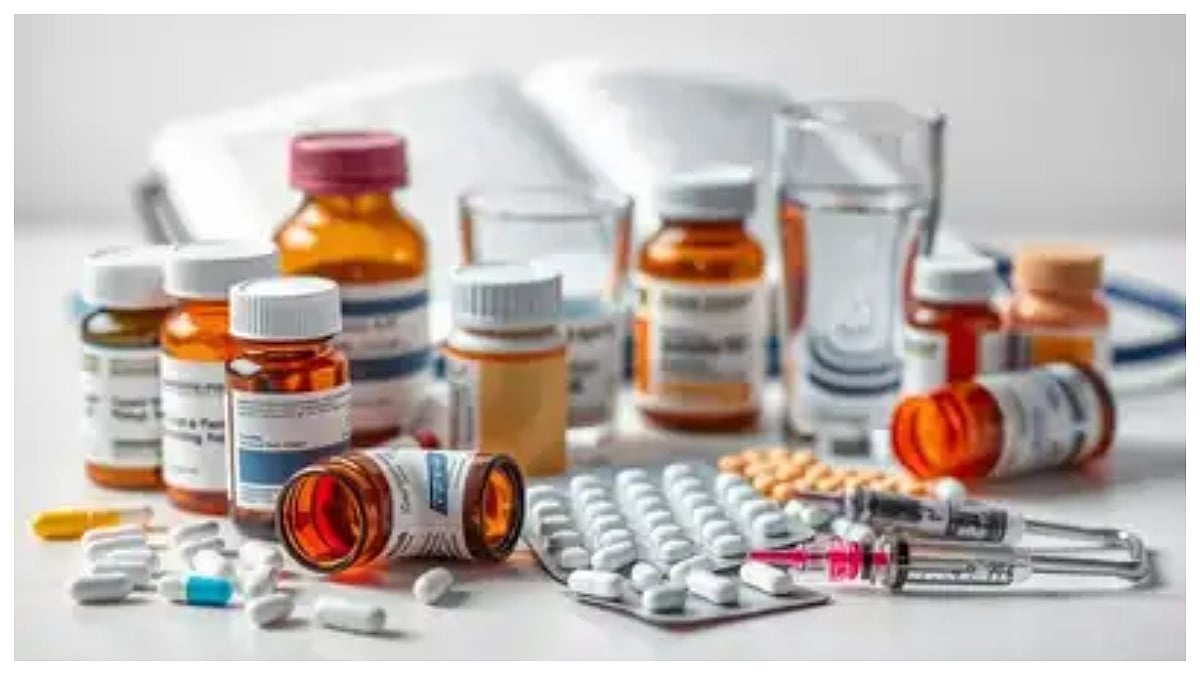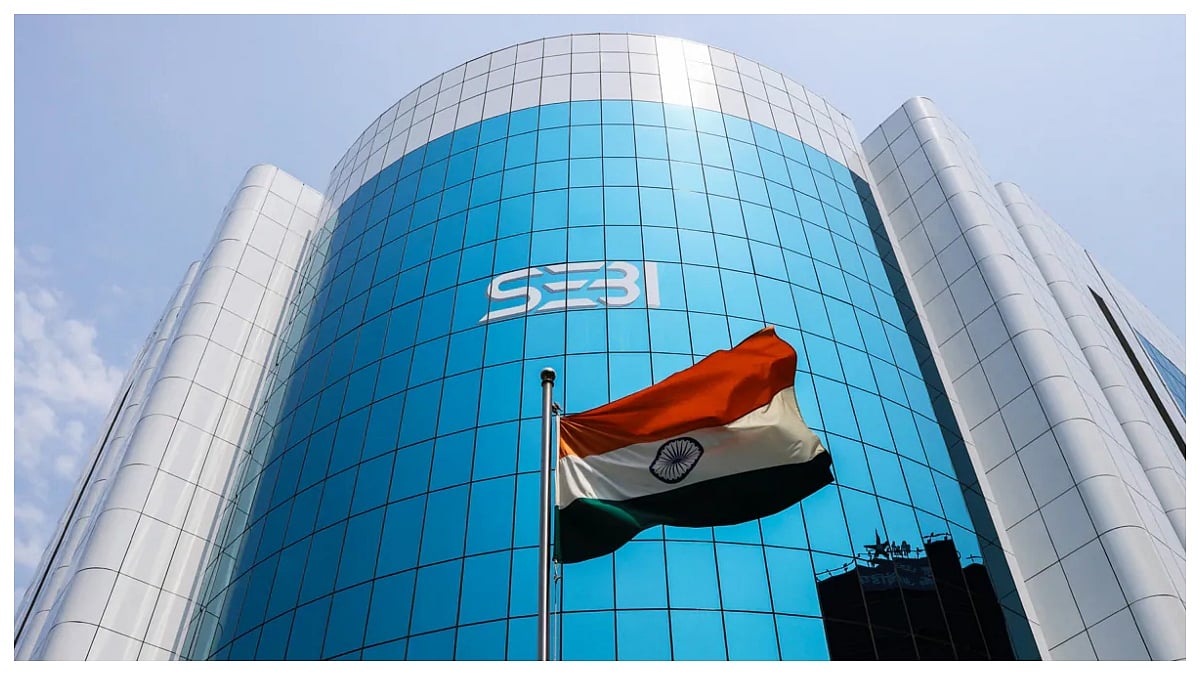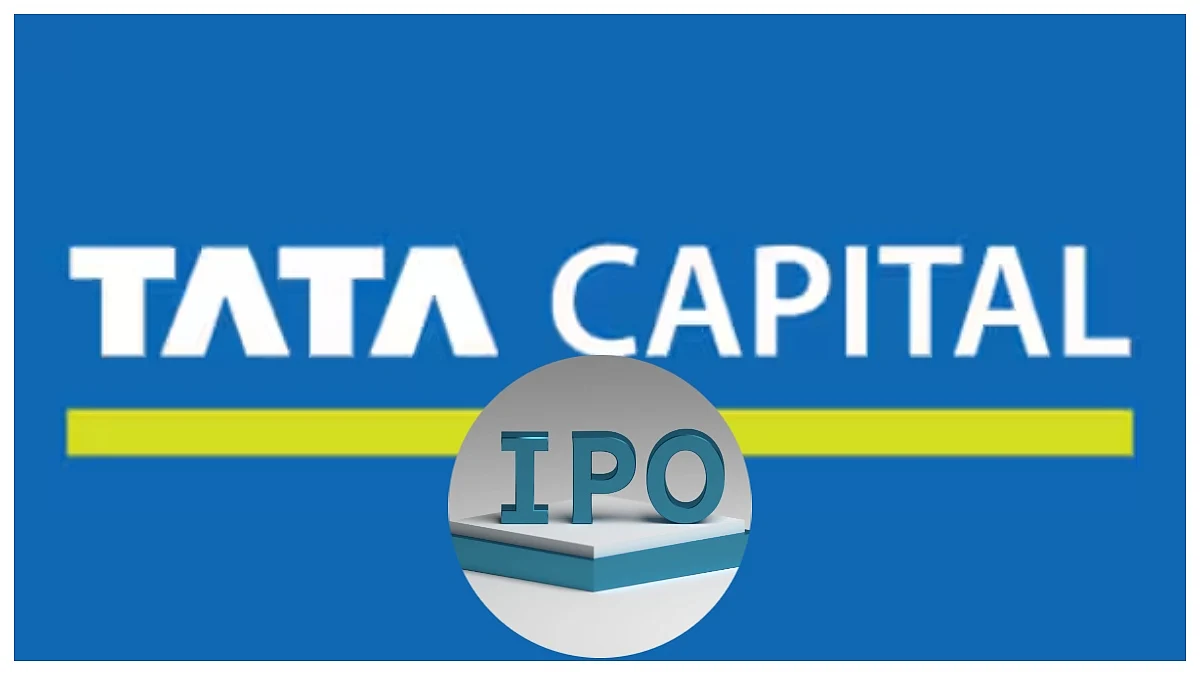New Delhi: The recent restructuring in the Goods and Services Tax (GST) regime will not only make life-saving drugs and healthcare more affordable and accessible but also lead to growth in the country’s pharma market, according to a report. In August, the pharmaceutical sector recorded an 8.7 per cent value growth.
The media report noted that the sector is set to witness broader transformation in pricing, access, and patient volumes. “The GST Council’s tax rate restructuring in the pharma sector is transformative for accessible healthcare,” said Suresh Nair, Tax Partner, EY India. “By lowering GST on all medicines from 12 per cent to 5 per cent and granting nil rates to 36 vital life-saving drugs, it significantly reduces patient expenses and improves access to essential therapies,” Nair added.

At the GST Council’s 56th meeting early this month, the government rationalised the indirect tax structure, cutting the current four slabs down to two -- scrapping the 12 per cent and 28 per cent rates, while retaining the 5 per cent and 18 per cent slabs. As per the revision, life-saving drugs, health-related products, and some medical devices will see a rate cut from 12 per cent/18 per cent to 5 per cent or nil.
Notably, the GST rates for 33 cancer drugs and rare medicines have been reduced from 12 to zero per cent. The move is expected to ease the cost burden on patients and boost demand for high-value therapies, especially in oncology and rare diseases.
With the new GST revision, the high cost of cancer and rare disease therapies like Roche’s Atezolizumab (Tecentriq), Obinutuzumab (Gazyva), Entrectinib (Rozlytrek), Risdiplam (Evrysdi), and Emicizumab (Hemlibra) will likely become more affordable as they attract nil GST. Similarly, anti-cancer and rare disease therapies of Sanofi, Novartis, Johnson & Johnson, Takeda, GSK, Amgen, Bayer, and Boehringer Ingelheim will also become cheaper, improving their accessibility to patients, the report said.
The changes in GST rates on services will be implemented from September 22. With this, the industry is expected to recalibrate pricing strategies, expand access programmes, and explore new market segments -- especially in tier-2 and tier-3 cities.
Disclaimer: This story is from the syndicated feed. Nothing has changed except the headline.








